Things That Cats Tend to Dislike
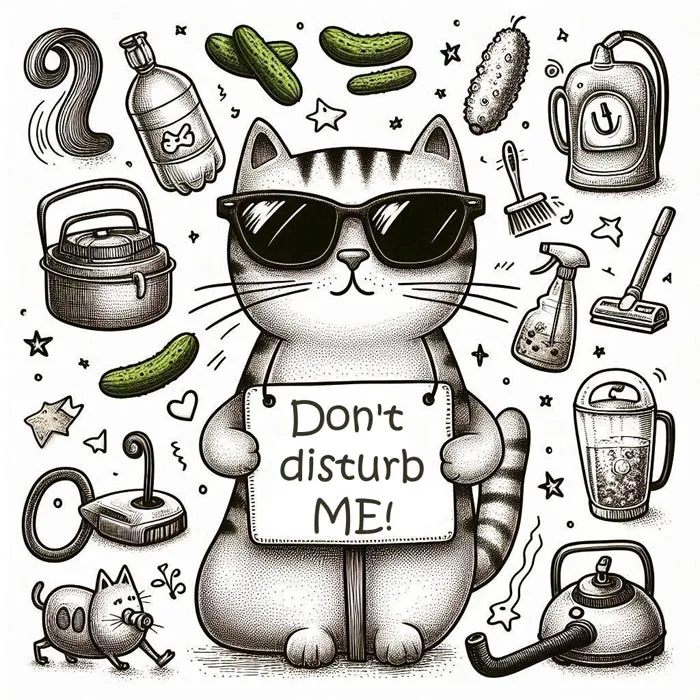
Don't forget to leave your warm and funny comments at the bottom of the page!
Cat's Dislikes
Cats dislike being told what to do, especially if it involves anything that isn't food, sleep, or their personal space. They also dislike anything that interrupts their nap schedule—good luck getting them to move for anything other than a snack!
Understanding a cat's likes and dislikes can help foster a peaceful and comfortable relationship, ensuring their environment is as stress-free as possible.
Cats are known for their independent and sometimes quirky nature, and there are several things that most cats tend to dislike or avoid.
We listed some below.
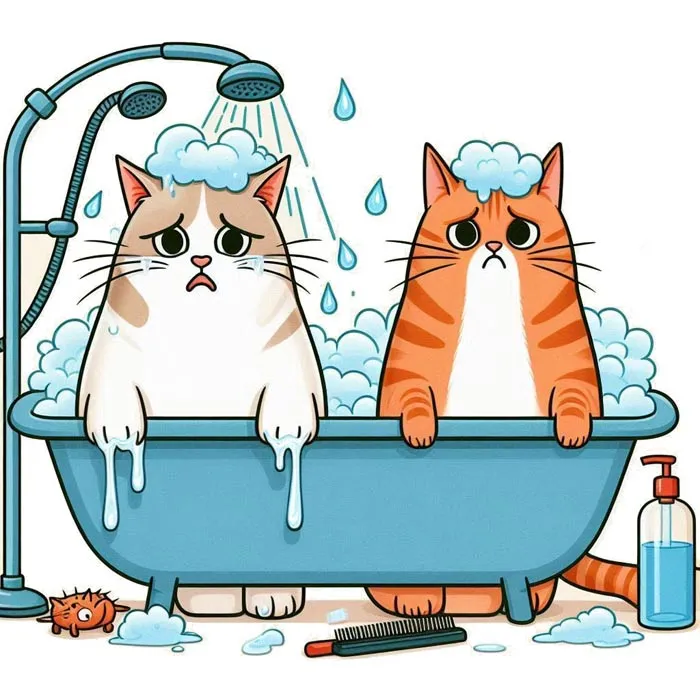
Cats Dislike Being Wet
Most cats dislike being wet, as their fur is not designed to repel water efficiently, which can make it feel heavy and uncomfortable when soaked.
For most cats, the sensation of water on their fur can be stressful, as it disrupts their meticulously groomed coat and body temperature regulation.
However, there are exceptions among certain individual cats and breeds, such as Maine Coons, Turkish Vans, and Bengals, which are known for their unique fascination with water. These breeds may enjoy playing with water, splashing in shallow pools, or even swimming.
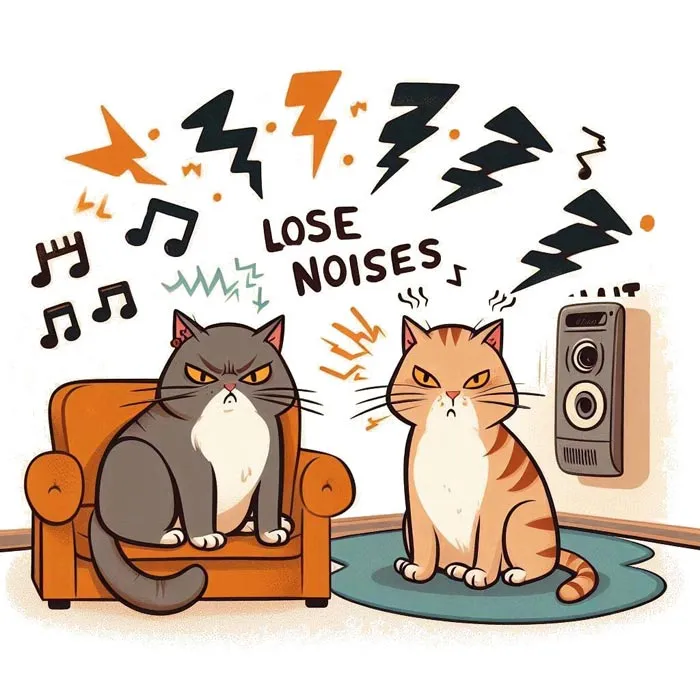
Cats Dislike Noise
Cats are highly sensitive to loud noises, which can startle or stress them due to their acute sense of hearing. Sudden sounds like fireworks, thunder, or vacuum cleaners are particularly distressing for many cats, as they perceive these noises as potential threats.
To help keep cats safe and calm during fireworks - Choose a quiet room away from windows and doors, ideally a space where your cat feels safe. Provide blankets, their bed, or even a cardboard box where they can hide and feel secure.
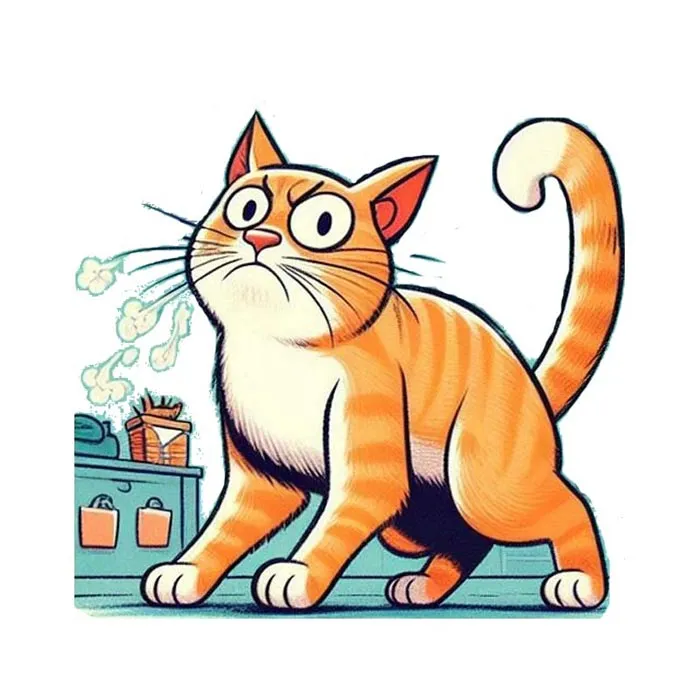
Cats Dislike Strong Smell
Cats have an incredibly sensitive sense of smell and are often repelled by strong odors like citrus (e.g., oranges, lemons), vinegar, and certain cleaning products. Many cats dislike the smell of spices like cinnamon or strong perfumes.
For cat owners, it's important to avoid using heavily scented products around the home or on items that your cat regularly interacts with, as these strong odors can cause stress, avoidance behaviors, or even respiratory discomfort in some cases. Providing a neutral-smelling environment helps keep cats comfortable and happy.
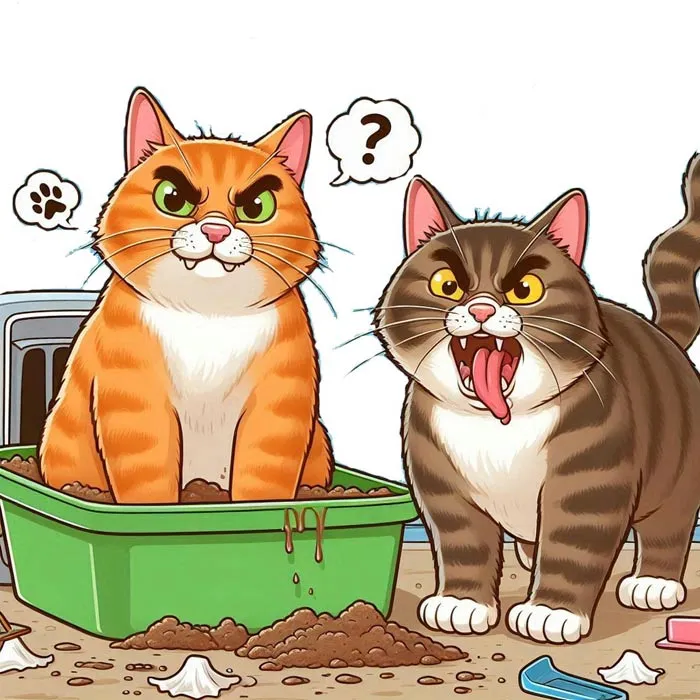
Cats Dislike Dirty Litter Boxes
Cats are naturally clean animals and have a strong preference for a tidy and odor-free litter box, as it aligns with their instinct to bury their waste and maintain a clean living environment. If a litter box becomes too dirty or has an unpleasant smell, cats may refuse to use it, leading them to eliminate outside the box as a form of protest or simply to avoid discomfort. This behavior is not out of spite but rather an expression of their need for cleanliness and hygiene.
Additionally, ensuring the litter box is in a quiet, private location away from heavy foot traffic and loud noises can make it more appealing for your cat.
By keeping their litter box clean and comfortable, you can ensure your cat feels secure and satisfied, fostering a healthier and happier environment for both of you.
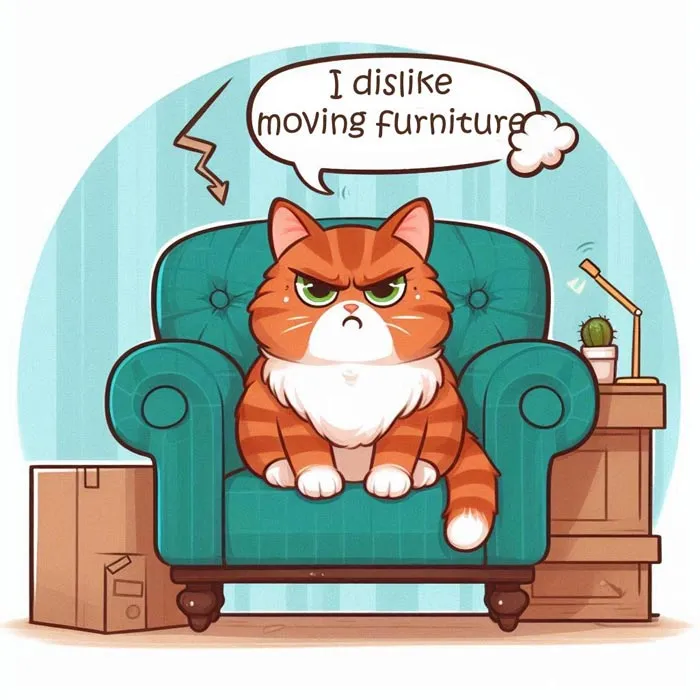
Cats Dislike Routine Disruptions
Cats are creatures of habit, and sudden changes in their environment, such as moving furniture or new people in the household, can cause them stress. They prefer consistency and routine.
To help cats adapt to change, it's best to introduce new elements gradually and with patience. If moving furniture, do so one piece at a time, allowing your cat to investigate and adjust. For new pets or family members, introduce them slowly and in controlled settings, giving your cat a chance to observe and interact at their own pace.
Maintaining familiar routines, such as feeding times, play sessions, and daily grooming rituals, can also help reinforce a sense of stability.
By keeping their litter box clean and comfortable, you can ensure your cat feels secure and satisfied, fostering a healthier and happier environment for both of you.
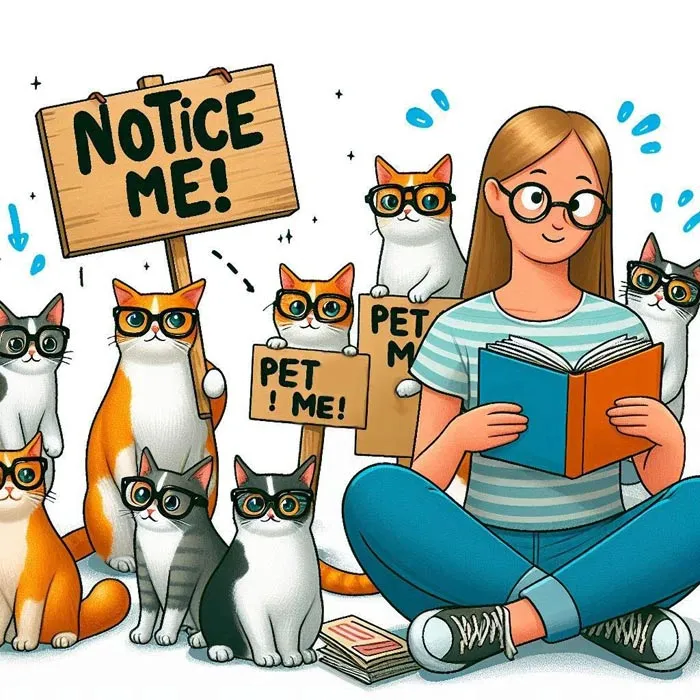
Cats Dislike Being Ignored for Too Long
While they are independent, cats are also affectionate and need attention and interaction. Ignoring them for long periods can lead to them becoming aloof or stressed.
Even if your cat appears independent, taking time to recognize and respond to their subtle cues for attention—like purring, rubbing against you, or making eye contact—can go a long way in maintaining their emotional well-being. By balancing their need for independence with consistent affection and engagement, you can help your cat lead a happier, more fulfilled life.
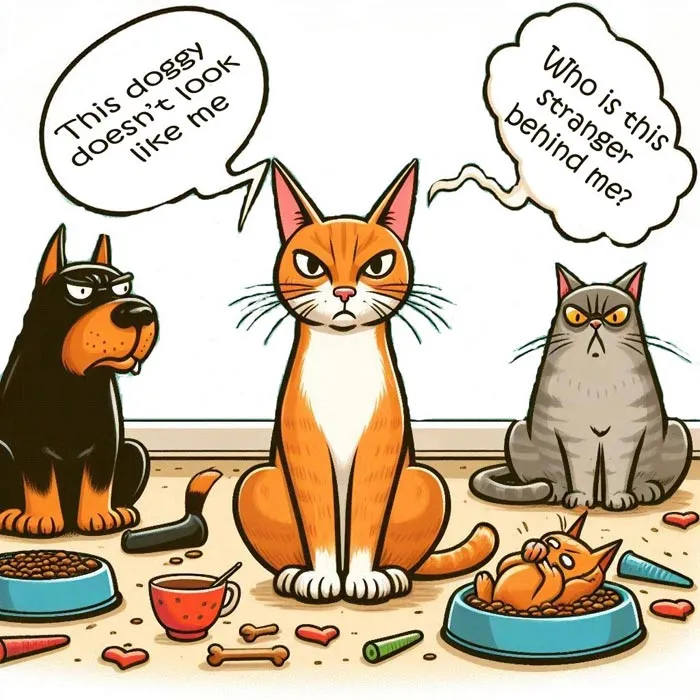
Cats Dislike Other Pets (at first)
Cats are naturally territorial animals and may feel threatened by the presence of unfamiliar pets, particularly when introduced into their established environment. This territorial instinct is a survival trait, as cats are instinctively protective of their space and resources, such as food, bedding, and resting areas.
As a result, introducing new pets, especially other cats, dogs, or smaller animals, can be a stressful experience for them.
To help ease the transition, it's advisable to start with scent swapping, where you introduce the smells of the new pet by rubbing a cloth on one animal and placing it near the other's area. Over time, supervised visual contact and short, calm interactions can help reduce anxiety. Creating separate spaces for each pet during the initial stages, complete with their own food, water, and litter boxes, ensures they feel secure and have a retreat when needed.
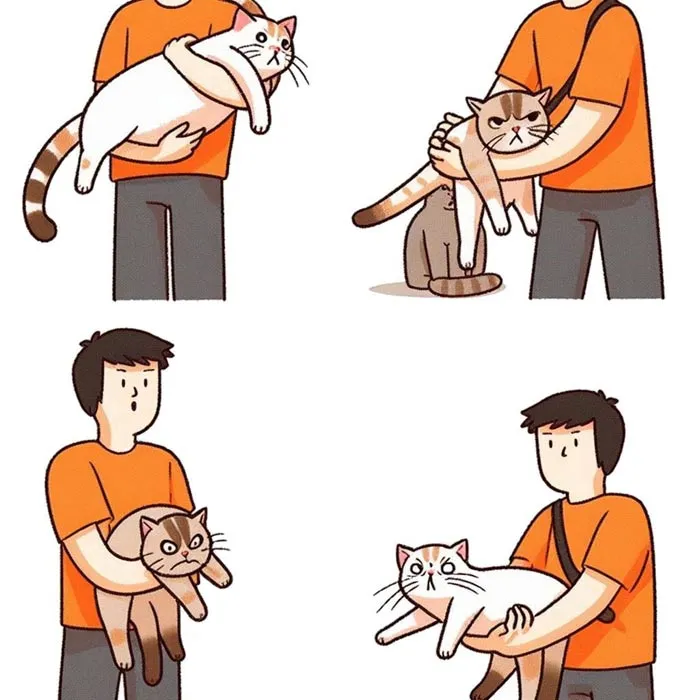
Cats Dislike Being Picked Up Unexpectedly
Many cats don't enjoy being picked up, especially if they're not expecting it. It can make them feel vulnerable. They may tolerate it if done gently and with their consent.
Respecting a cat's body language is crucial when it comes to lifting them. Cats who are not ready to be held may show signs like flattening their ears, puffing up their tails, or backing away. Before attempting to pick up a cat, it's best to gently pet or talk to them to assess their mood.
Picking them up with a secure, supportive hold under their chest and hindquarters can help them feel more stable and less likely to struggle. Cats that are held too roughly or without support may feel trapped or anxious, leading to potential scratching or biting in an attempt to escape.
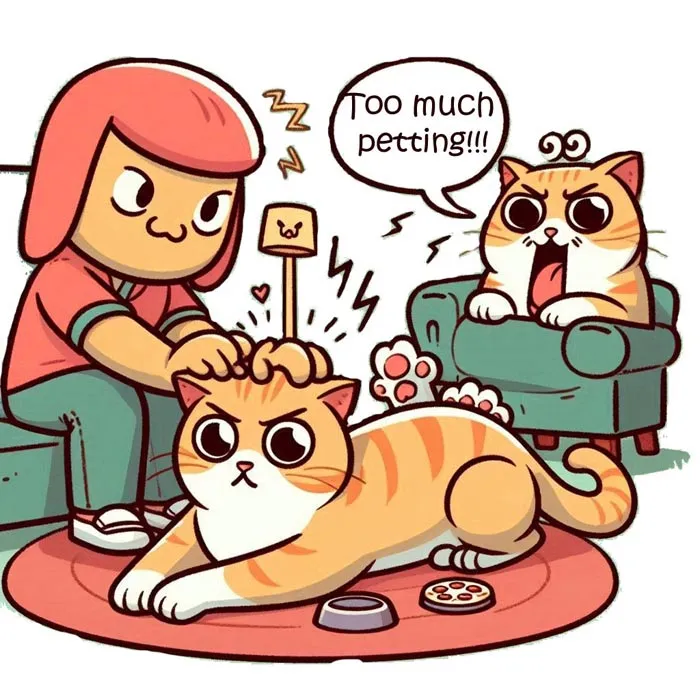
Cats Dislike Heavy Petting or Overstimulation
Cats can become overstimulated by too much petting or rough handling, especially when their personal space is not respected.
While many cats enjoy being petted, each cat has a different tolerance level for physical interaction. Some cats have sensitive areas, such as their belly, paws, or tail, and excessive touching in these spots can cause discomfort or irritation. Over time, if a cat is petted for too long or in a way that feels too intense, they may start to show signs of overstimulation, such as twitching tails, flattened ears, dilated pupils, or sudden restlessness.
To ensure that petting remains a positive experience, it's important to follow the cat's cues and stop petting when they indicate they've had enough.

